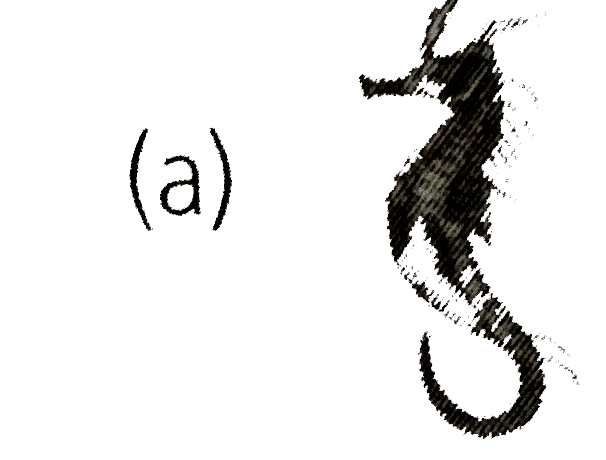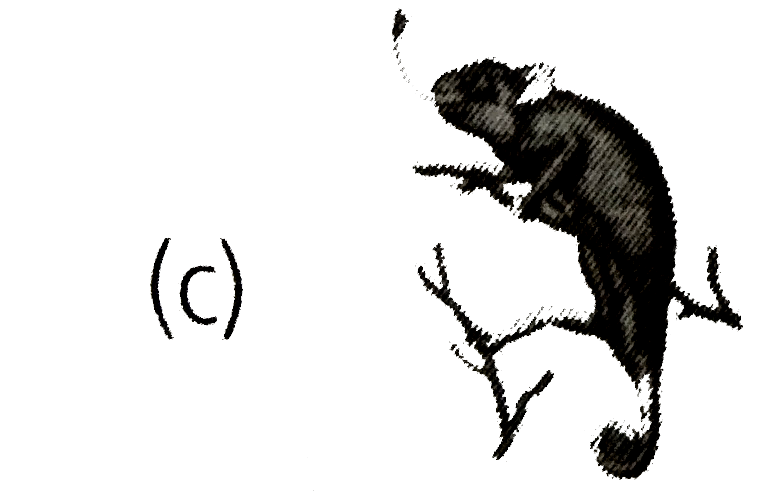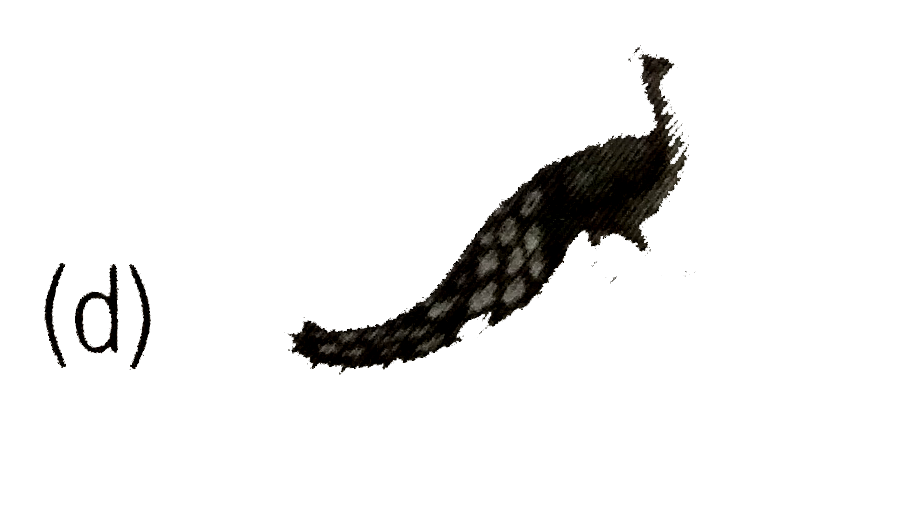The lungs, heart and stomach are supplied by
(a) Vagus
(b) Trigeminal
(c) Hypoglossal
(d) Glossopharyngeal
The correct Answer is:A
To answer the question "The lungs, heart, and stomach are supplied by," we will analyze the options given and identify the correct cranial nerve responsible for supplying these organs.
1. Identify the Organs: The question mentions the lungs, heart, and stomach. These are visceral organs, which are internal organs that are not under voluntary control.
2. Understand Cranial Nerves: There are 12 cranial nerves in the human body, each with specific functions and areas of innervation. We need to determine which of these nerves supplies the mentioned organs.
3. Examine the Options:
- Option A: Vagus Nerve: The vagus nerve is the 10th cranial nerve. It extends from the brain down to the abdomen and innervates various visceral organs, including the lungs, heart, and stomach. It has the widest distribution among the cranial nerves and is responsible for controlling involuntary functions of these organs.
- Option B: Trigeminal Nerve: This is the 5th cranial nerve, primarily responsible for sensation in the face and motor functions such as chewing. It does not supply the lungs, heart, or stomach.
- Option C: Hypoglossal Nerve: The 12th cranial nerve, which controls tongue movements. It does not supply the visceral organs mentioned.
- Option D: Glossopharyngeal Nerve: This is the 9th cranial nerve, which is involved in taste and swallowing but does not innervate the lungs, heart, or stomach.
4. Conclusion: After analyzing all options, it is clear that the vagus nerve (Option A) is the only cranial nerve that supplies the lungs, heart, and stomach.
5. Final Answer: The correct answer is A: Vagus Nerve.
- Option A: Vagus Nerve: The vagus nerve is the 10th cranial nerve. It extends from the brain down to the abdomen and innervates various visceral organs, including the lungs, heart, and stomach. It has the widest distribution among the cranial nerves and is responsible for controlling involuntary functions of these organs.
- Option B: Trigeminal Nerve: This is the 5th cranial nerve, primarily responsible for sensation in the face and motor functions such as chewing. It does not supply the lungs, heart, or stomach.
- Option C: Hypoglossal Nerve: The 12th cranial nerve, which controls tongue movements. It does not supply the visceral organs mentioned.
- Option D: Glossopharyngeal Nerve: This is the 9th cranial nerve, which is involved in taste and swallowing but does not innervate the lungs, heart, or stomach.
Topper's Solved these Questions
Similar Questions
Knowledge Check
The gastric glands of stomach are examples of:
Asimple tubular glandsBsimple branched tubular glandsCcompound tubular glandsDcompound tubular, alveolar glandsThe cranial nerves in humans that send parasympathetic stimulation to, among other organs, the heart, stomach, and liver are :
Avagus nervesBabducens nervesCtrigeminal nervesDglossopharyngeal nervesWhich of these animals has three chambered heart, cloaca and respires by gills, lungs and through skin ?
A B
B C
C D
D
